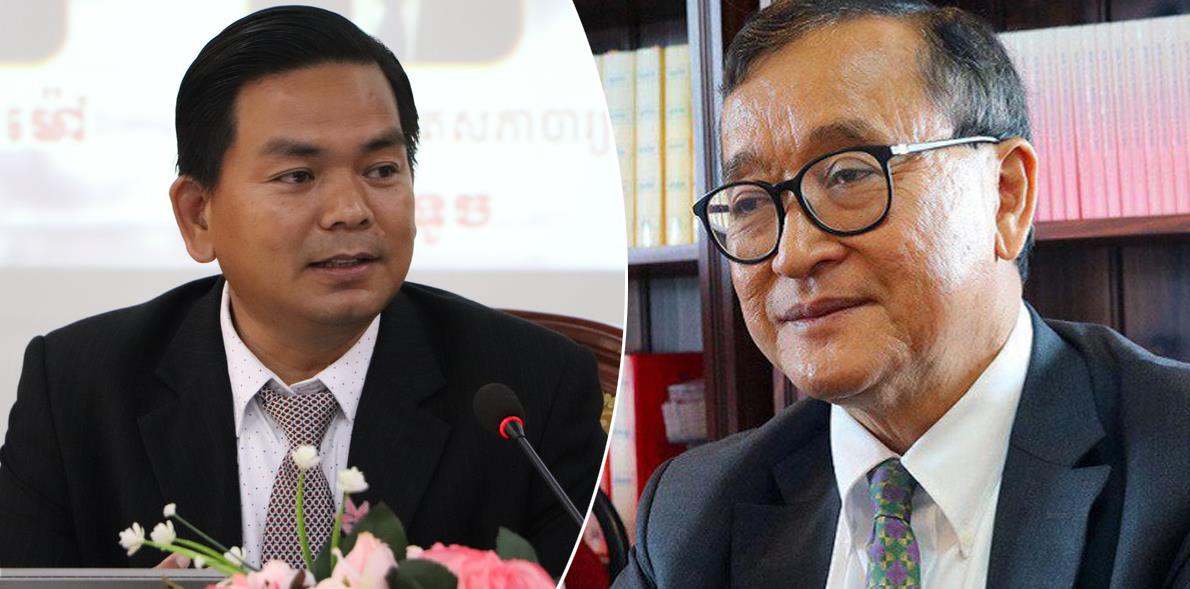Looking back the history of Cambodia, we see that Cambodia has been a monarchy for centuries, since when it was first a state, with both absolute monarchy and constitutional monarchy. But the constitutional monarchy was ended on 18 March 1970 by a coup led by Lon Nol, Sirik Matak and Cheng Heng to oust King Sihanouk from power.
From 1970 to 1993, three political regimes had ruled Cambodia, one of which a presidential regime existed until 1975, when the Khmer Rouge overthrew and came to power by bullets and not ballots. From 1975, the Khmer Rouge genocidal regime committed arbitrary violence and executions throughout Cambodia. In 1979, the Khmer Rouge genocidal regime was overthrown by the moderate socialist group “Les Modérés” and ruled the country and restored the country’s administrative and financial systems. The group sought to rebuild and defend the nation in a very difficult circumstance, with one hand defending the return of the Khmer Rouge genocide and the other hand rebuilding the country. This regime existed until 1993.
After the 1993 elections, Cambodia re-adopted the constitutional monarchy. The 1993 Constitution of Cambodia states that “Cambodia is a Kingdom in which the King shall rule according to the Constitution and the principles of liberal multi-party democracy”. The new monarchy is in existence today. We find that Cambodia has tasted almost every colors of the political regimes, and that non-monarchy ones had not been in existence for long, and often overthrown by another regime. Therefore, only a modern constitutional monarchy can guarantee political stability and last long.
According to the 1993 Cambodian Constitution, the King reigns but does not govern and he shall be the Head of State for life. The King is a symbol of the unity and eternity of the nation; he assumes the supreme role as arbitrator to ensure the regular execution of public powers. Although the King does not govern, but he is strictly protected by the Constitution, the supreme law of the land; the King shall be inviolable. At the same time, the Cambodian Criminal Code also criminalizes those who insult the monarch.
Article 437-bis of the Cambodian criminal code criminalizes “any speeches, gestures, scripts/writings, paintings or items that affect the dignity of (the King),” and carries a prison sentence of up to five years and a fine of up to ten million riels (USD 2,500) for individuals. Legal entities face fines of up to 50 million riels (USD 12,500), as well as additional sanctions including dissolution, forfeiture of assets, and prohibition of certain activities.
Therefore, any person who insult the King shall faces four consequences:
Firstly, the historical and cultural and civilization aspect: insulting the King means trampling of history and the foundation of Khmer culture and civilization. Any person who insults the King is a barbarian and non-religion a person. He or she does not deserve to be Cambodian and shall not be allowed to land upon Cambodian territories.
Secondly, the legal aspects: any persons who insults King is the one who seriously violate the constitution, the country’s supreme law, criminal code, and the national motto: Nation, Religion, King.
Thirdly, the social aspect: Khmer people throughout the kingdom adore the King and consider him a protector for Khmer people throughout the kingdom. Therefore, anyone who insults the King, is the one who tramples on the people of the kingdom, hurting their hearts.
Fourthly, the political aspect: any person who insults the King cannot be allowed to do politics in Cambodia, “persona non grata”. Any person who insults the King is a republican-minded person who might have a plot to overthrow the monarchy in Cambodia.
So, all Cambodian people are strongly recommended to stay alerted to such kind of person and prevent him from achieving his plot.
Any trend toward the overthrow of the constitutional monarchy in Cambodia is to bring Cambodia back to its very painful past tragedy.
21 September 2019
Dr. Kin Phea, Director General, International Relations Institute of Cambodia, Royal Academy of Cambodia
=FRESH NEWS
